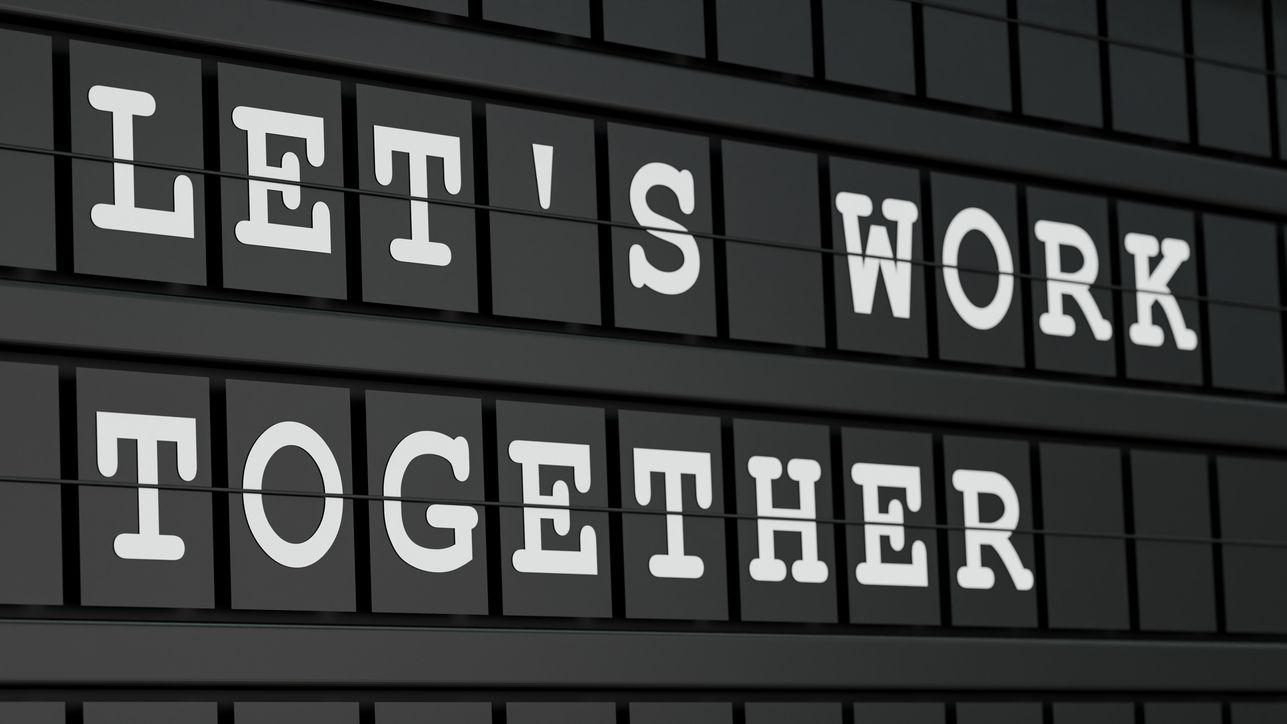
Rethinking Work: The Shifting Balance Between Employers and Employees
Sep 22, 2025It feels like the workplace has been turned upside down over the past few years. From shorter job tenures to evolving expectations around culture, pay, and flexibility, the employer-employee relationship is no longer what it used to be. What once felt stable and predictable is now fluid, and both sides are still figuring out how to make it work.
One of the biggest shifts we’ve seen is the rise of job hopping. The average tenure in a role has dropped to just three to five years, and moving between companies is often viewed as the fastest way to grow a career. While this can give employees more leverage, it also creates challenges for organizations that face steep costs when turnover spikes.
COVID-19 only intensified these dynamics. Workers began demanding more—better wages, better benefits, and workplaces that respect both personal and professional needs. At the same time, employers have been forced to grapple with how to meet these expectations while balancing budgets, shareholder demands, and shifting business realities. The result is tension on both sides of the equation.
Salary negotiations highlight this friction. Many companies still approach pay conversations as one-sided, with little room for true negotiation. Employees are expected to accept offers as-is, while organizations risk losing top talent by not recognizing their value. This is where HR can and should play a pivotal role—but often, HR departments lack the tools or influence to effectively communicate an employee’s worth or push for changes that improve retention.
Culture plays just as important a role as compensation. Employees don’t quit companies—they quit managers. Poor leadership, rigid organizational structures, and workplaces that treat people like numbers erode trust quickly. On the other hand, managers who practice servant leadership, focus on long-term growth rather than short-term gains, and foster open communication can transform the employee experience.
The truth is, work doesn’t have to be a zero-sum game. When employers and employees approach the relationship as a partnership, both sides win. Building trust, investing in employee growth, and listening—truly listening—to the needs of people are the cornerstones of creating a healthy workplace.
At the end of the day, we all have to work. The question is: how do we make it less of a battleground and more of a shared space where both companies and employees can thrive? It starts with moving past blame, focusing on problems instead of people, and remembering that behind every job title is a human being who wants to feel valued.
You can learn more about shifts in company culture by listening to our podcast =>
Feeling that thirst for more technical education and coaching? We've got you. Visit our website now.
Join our free members list
Join our mailing list to receive the latest updates on courses, coaching and blogs.
Don't forget to allow yspe.co to your approved senders and check your folders just in case!
We hate SPAM. We will never sell your information, for any reason.

